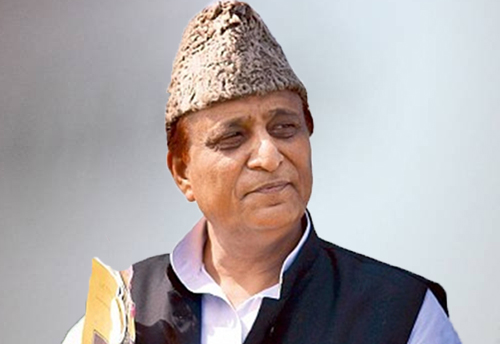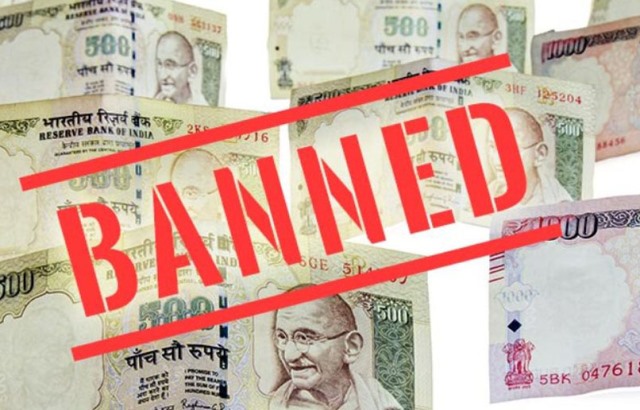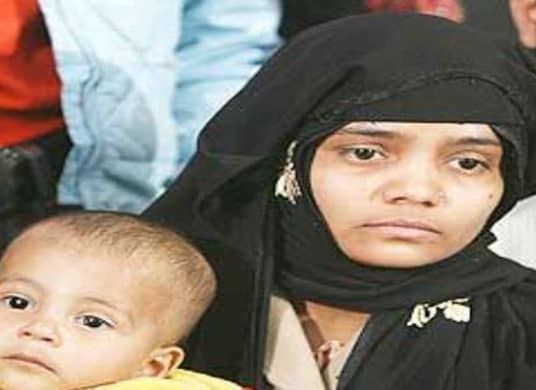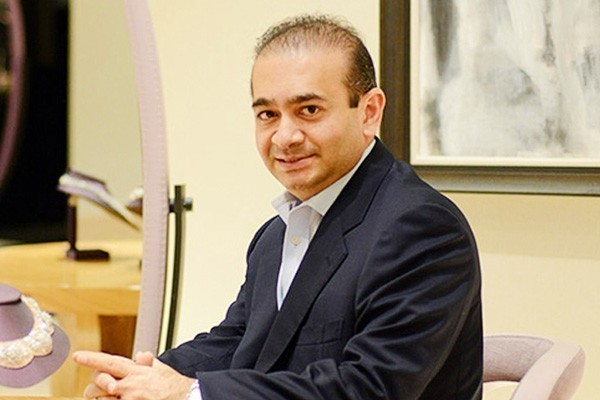The Supreme Court has dismissed the plea of Bilkis Bano seeking a review of its earlier order by which it had asked the Gujarat government to consider the plea for the remission of 11 convicts in a gangrape case under 1992 policy.
A bench of judges headed by Justice Ajay Rastogi dismissed the review plea of Bano who had challenged the apex court’s May judgment which had held that remission of the convicts should be considered as per the policy existing at the time of conviction.
“I am directed to inform you that the review petition above mentioned filed in Supreme Court was dismissed by the court on December 13, 2022,” read a communication sent to Bano’s counsel Shobha Gupta by the Supreme Court’s assistant registrar.
As per procedures, review pleas against top court judgments are decided in chambers by circulation by the judges who were part of the judgment under review.
She has filed a review plea against the May order of the Supreme Court which allowed the Gujarat government to apply the 1992 remission Rules which were in place in the State where the crime was actually committed. The trial of the case took place in Maharashtra.
Bano, besides filing a review petition, also filed a plea challenging the premature release of 11 convicts, who had gang-raped her and murdered her family members during the 2002 Godhra riots.
Bilkis said that even being the victim of the crime, she had no clue about any such process of remission or premature release initiated.
Gujarat’s remission order is a mechanical order of remission by completely ignoring the law’s requirements as consistently laid down, the plea said.
Earlier, some PILs were filed seeking directions to revoke the remission granted to 11 convicts.
The pleas were filed by the National Federation of Indian Women, whose General Secretary is Annie Raja, Member of the Communist Party of India (Marxist) Subhashini Ali, journalist Revati Laul, social activist and professor Roop Rekha Verma, and TMC MP Mahua Moitra.
In its affidavit, the Gujarat government defended remission granted to convicts, saying they completed 14 years of sentence in prison and their “behavior was found to be good”.
The State government said it has considered the cases of all 11 convicts as per the policy of 1992 and remission was granted on August 10, 2022, and the Central government also approved the ore-mature release of convicts.
It is pertinent to note that the remission was not granted under the circular governing grant of remission to prisoners as part of the celebration of “Azadi Ka Amrit Mahotsav”, it has said.
The affidavit stated, “State government considered all the opinions and decided to release 11 prisoners since they have completed 14 years and above in prisons and their behavior was found to be good.”
The government had also questioned the locus standi of petitioners who filed the PIL challenging the decision saying they are outsiders to the case.
The pleas said they have challenged the order of competent authority of the government of Gujarat by way of which 11 persons accused in a set of heinous offenses committed in Gujarat were allowed to walk free on August 15, 2022, pursuant to remission being extended to them.
The remission in this heinous case would be entirely against public interest and would shock the collective public conscience, as also be entirely against the interests of the victim (whose family has publicly made statements worrying for her safety), pleas stated.
The Gujarat government released the 11 convicts, who were sentenced to life imprisonment, on August 15. All the 11 life-term convicts in the case were released as per the remission policy prevalent in Gujarat at the time of their conviction in 2008.
In March 2002 during the post-Godhra riots, Bano was allegedly gang-raped and left to die with 14 members of her family, including her three-year-old daughter. She was five months pregnant when rioters attacked her family in Vadodara. (ANI)
Read more: http://13.232.95.176/







